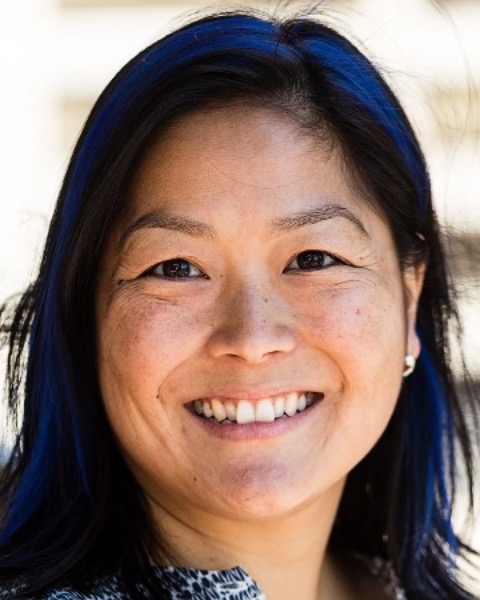Diversity, Equity and Inclusion
General Pediatrics
Hospital Medicine
Medical Education
Trainee Pathway
2540 - Now, I Can S.E.E: Identifying and Interrupting Microaggressions in the Clinical Learning Environment
-
.jpg)
Alissa Darden, MD
Assistant Professor of Child Health
University of Arizona College of Medicine - Phoenix/Phoenix Children's Hospital
Chandler, Arizona, United States -
JH
Jennifer Hall, MD, FAAP
Pediatric Hospitalist
Phoenix Children's Hospital
PHOENIX, Arizona, United States -
RV
Raegan Vanderput, MD
Pediatric Hospitalist
Phoenix Children’s Hospital
Phoenix, Arizona, United States -

Atsuko Koyama, MD, MPH (she/her/hers)
Clinical Assistant Professor
University Arizona College of Medicine
Phoenix, Arizona, United States
Co-Leader(s)
Microaggressions are (un)intentional brief verbal, behavioral, or environmental indignities that communicate hostile or derogatory insults toward a marginalized group. They are categorized as microinsults, microassaults or microinvalidations and can threaten the clinical learning environment for patients and providers. For patients, experiencing microaggressions prevents the development of a therapeutic alliance with the care team, adversely impacting their medical care and contributing to ongoing health disparities. For the provider, especially learners, experiencing microaggressions may undermine their professional identity formation and have negative biological, emotional, and cognitive effects impacting their health and career.
This workshop uses Kolb’s theory of experiential learning as a framework and participants will cycle through 4 stages (experience, reflect, think, act) via role play of common clinical scenarios. Participants will act as both spectators and actors with the power to stop and change the “performance” at any time. Subsequently, participants will be introduced to two toolkits. Further, they will be given “scripts” to utilize when interrupting microaggressions in addition to language to use when they are the offenders. Consequently, participants will gain confidence in their knowledge and skills related to identifying and interrupting microaggressions in their clinical learning environments. Lastly, we will briefly share our own success in using this teaching workshop and provide participants with the tools to execute similar workshops at their own institutions. Medical providers and educators need to learn to identify and interrupt microaggressions in both clinical and teaching environments to improve the patient-provider relationship and ensure a safe and inclusive environment for all.
